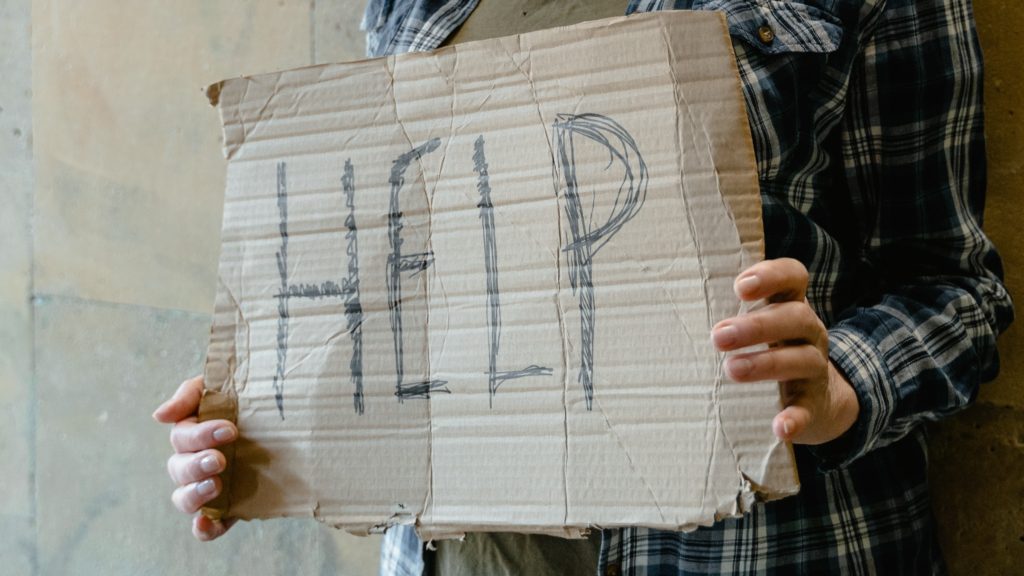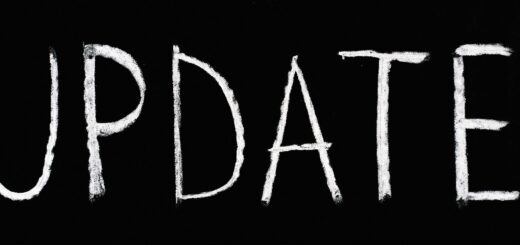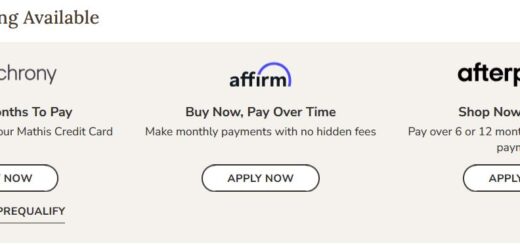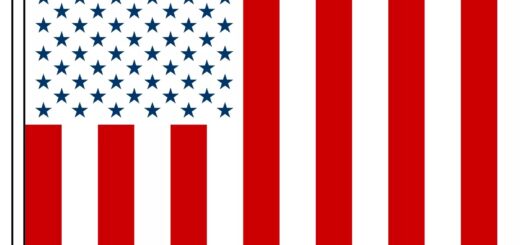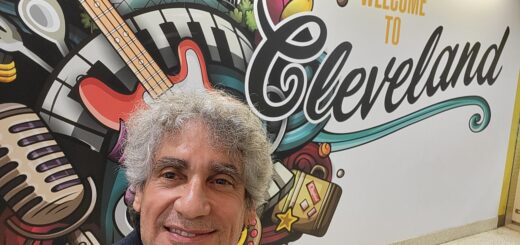Hunger Is a Sin
Uncle Al, may he rest in peace, was the oldest brother. Uncle Les, may he rest in peace, was the middle brother. My father, Richard, may he rest in peace, was the youngest.
I vividly remember Uncle Al explaining to my teenage self that he considered allowing hunger to persist when it could be alleviated was a sin, a moral failing.
Last week, I wrote about obesity. I said it was a lifestyle disease, but I did not, in that post, trace back the causes further. In response, my friend Rich Grimm pointed me to some links that do, which I pass on to you here. These show some, but not all, of the root causes of hunger in our society. We live in a toxic culture that unrelentingly urges us to indulge in food that is not good for us.
There is hunger in America. In a broad sense, this is totally unnecessary, since some 40% of food we produce goes to waste. Personally, I don’t think depending on the government to solve this is likely to do so.
National Geographic has an article about hunger.
Food deserts can cause obesity, in this way. We experience the need for missing nutrients as hunger, but supplying more calories does not alleviate the deficiency.
I am always surprised when someone tries to define hunger in a way that excludes ordinary experience. For example, Dr. Joel Fuhrman coins the term “true hunger” and then claims that most of us seldom, if ever, experience it. Others use the term “food insecurity.” If I understand that, you don’t have to actually be hungry to experience “food insecurity.” You just have to be unsure of where your next meal is coming from.
I think of hunger as the ordinary feeling of having gone too long without a meal, of needing energy for ordinary activities or to prevent deficiency or atrophy of a healthy body. We can distinguish between acute hunger, for which food quality may be a luxury one cannot afford in the emergency, and chronic hunger caused by routine malnutrition. I would eat junk food to save my life. But I would always seek affordable ways to obtain better, complete nutrition.
I am a little skeptical of the “food desert” thesis. After the grocery store shooting in Buffalo, much was made when the store was closed for a week or two of it being the only grocery store in the area. The next nearest one was two miles away. That may be a great distance in that area of Buffalo, for all I know. For me, it seems acceptable on a temporary basis. We regularly buy groceries at 5 markets, ranging from 1.1 miles to 4 miles from home. But this is southern California, and we drive to the market, so it may not be comparable.
One of the markets we use is 99-Cents Only, at which wholesome food is quite affordably priced, including fresh produce.
Speaking of obesity, I want to mention the film The Whale. I don’t see many critically-acclaimed films, because I usually don’t like them . This story touched me deeply, at a personal emotional level, more than any of the Oscar contenders for the year 2022 I have seen so far. Brendan Fraser gives a staggeringly brilliant performance as a character so ashamed of his appearance that he doesn’t let his remote English students see him as he teaches. He is estranged from his teenage daughter and desperately wants to reestablish some connection. He orders food delivered and hides from the delivery person. People try to help him, but he makes it difficult. Yet I related to him, as I think anyone would who has had a serious failure or made a serious mistake. The title refers not only to the main character, but also to Moby Dick. His obsession with the book parallels the obsession of Ahab with the whale in the novel. We learn that his obesity is not a cause of his misery, but an effect of a tragedy that he felt powerless to prevent. He is very human and I felt deeply for him. He just wants to do one thing right before he dies. He just wants his students to write one true essay.
